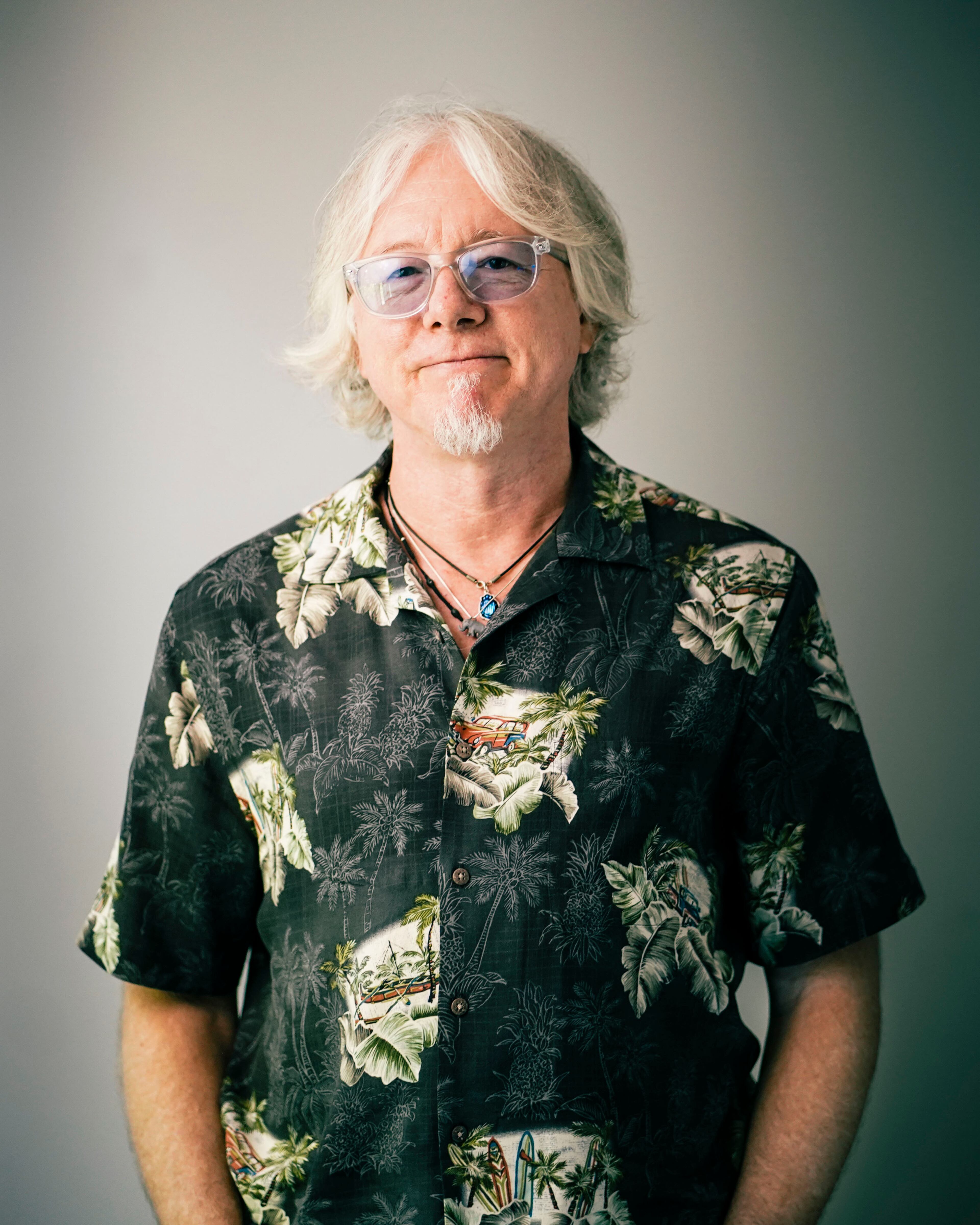R.E.M. gets ‘deconstructed and reconstructed’

This weekend, the Atlanta Symphony Orchestra introduces the world premiere performances of “R.E.M. Explored.” The instrumental evenings begin with a suite of selections from the revered Athens band’s catalogue, in newly “deconstructed and reconstructed” symphonic arrangements.
The event reaches a crescendo when band co-founder, singer-songwriter and bassist Mike Mills leads a rousing version of his Concerto for Violin, Rock Band and Orchestra, featuring Grammy-nominated violinist Robert McDuffie — with able backing from John Neff, William Tonks and Gerry Hanson. The ASO will be led by conductor Sarah Hicks.

The two-night stand marks a welcome return to the hallowed hall for Mills. His previous visit featured his concerto — paired with a wide-angle selection of Georgia-centric music with McDuffie and journeyman musician Chuck Leavell. For this visit, he’s narrowed the focus to spotlight songs from the band he co-founded in 1980. (Note: the other members of R.E.M. are not scheduled to participate or appear at either event.)
In addition to exploring the country with his opus, Mills stays busy with all-star alt-rock ensemble The Baseball Project and as a featured member of the Jim Irsay Collection memorabilia tour band. He spoke with the Atlanta Journal-Constitution by phone as he prepped for the upcoming symphony shows.

Q: Congratulations on coming back to Symphony Hall with a brand-new program.
A: Thanks, it’s very different. The piece that Bobby McDuffie commissioned me to write some years ago for violin, rock band and string orchestra has several iterations, including a standalone performance. This is a new one where, instead of including a string orchestra, we have the full symphony. For the first half of the show, I gave two arrangers about five R.E.M. songs each and said, ‘Ok, have fun with this.’ So Carl Marsh, who arranged Big Star’s “Third” record, and David Mallamud, who did the arrangements for the concerto, both got about 25 minutes of R.E.M. stuff to play with. The first hour of the show will be their takes on those songs. You’ll hear them in a way you’ve never heard them before — deconstructed and reconstructed. Then for the second half, the concerto will be performed for the first time with a full symphony orchestra.
Q: Have the other members of the band heard this material yet?
A: Nobody’s heard it yet. It’s kind of an experiment and it’s literally an exploration. I mean, I’ve heard it, but the sheet music is just now being written as we speak — which means if people don’t like it, it’s my fault.
Q: No pressure, right? But it’s your project, so you can do what you want with it.
A: Well, as long as I’m respectful of [fellow R.E.M. members] Peter [Buck], Michael [Stipe] and Bill [Berry]’s opinions of it. But otherwise yeah, it’s all mine to play with. It certainly requires a level of trust on their part, which I very much appreciate. On the other hand, there’s a pretty fair amount of responsibility because this is not just my legacy, it’s their legacy as well. It has to be treated with respect and done properly.
Q: The legacy is in good hands with the ASO.
A: I agree. We’ve worked with them many times over the years. Our version of “Nightswimming” has them on it. We performed with them at the Madison-Morgan Cultural Center, back in the early ‘90s. So we have a longstanding relationship. I’m thrilled to be working with them again because they’re incredible. You just have no idea how good they are until you can see them up close. I’ve attended many symphonies but there’s nothing quite like being on the stage with the ASO. There’s a lot of vibration. That’s what music is, it’s vibration and you really feel it when you’re up there with them and you realize just how good these players are.
Q: Let’s talk about the concerto itself — when you were commissioned to write it, what was your initial reaction? Were you overwhelmed or did you welcome the challenge?
A: Both! I was a little blindsided because I’m not really a classical composer. I write melodies, that’s what I love to do. The concerto itself is more like a song suite. You can say it has movements but they’re also almost like individual songs. But the definition is that it’s roughly a half hour of instrumental music with the focus on the virtuoso. And the virtuoso in this case is Robert McDuffie. Basically, what I did was write pieces that highlight his incredible ability and passion.

Q: What was the writing process like? Was it any different than writing a so-called ‘pop song’?
A: It was different in that I had to try to think of melodies for a violin rather than for a singer. There are things you can ask a violin to do that you can’t ask a singer to do. There are some extremely difficult passages in it, but we need to take advantage of Bobby’s virtuosity — which is another way of saying we’re gonna put him through the ringer.
Q: It’s not like this genre is completely new for you because you’ve lived within the classical mindset since you were a kid.
A: This is true. My father was a dramatic tenor. He sang a lot of opera and other things and I was always surrounded by it. In fact, older Atlanta fans, if they remember the Theater Under the Stars series at Chastain, may have seen some of my, um, ‘early work.’ (Laughs) When I was a kid, I was in their production of “Aida.” I obviously had no speaking or singing parts. I was just a little Egyptian street urchin — which was really fun for me at nine years old.
CONCERT PREVIEW
“R.E.M. Explored”
8 p.m. Sept. 30-Oct. 1. $39.50-$99.50. Atlanta Symphony Hall, 1280 Peachtree St. NE, Atlanta. 404-733-5000. aso.org.

